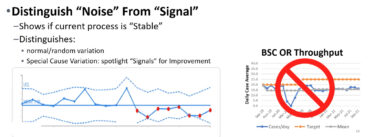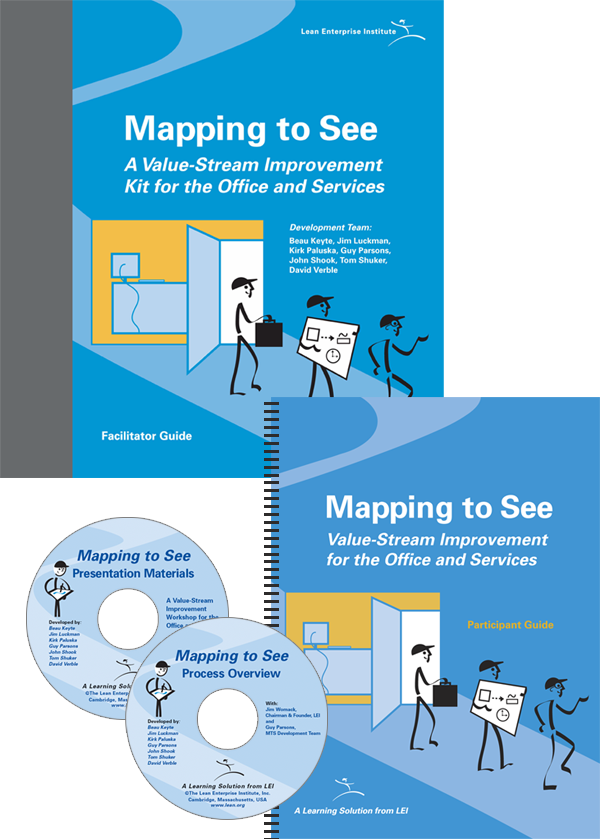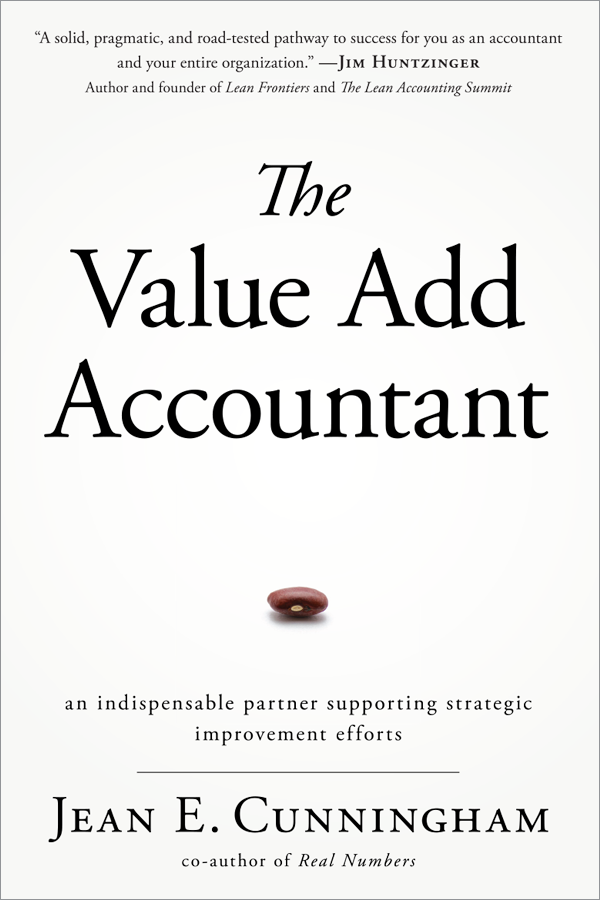While few business leaders seem to be discussing lean explicitly these days, there are certainly a great deal of tangentially lean conversations happening wherever you look.
In the news, for starters, consider the much-debated United debacle of just a few weeks back. While most commentators have found ways to vilify many of the people working at United Airlines, Mark Graban offers a far more measured and big-picture take: In an exhaustive piece, Mark reflects on the underlying systemic causes and contributing causes, avoiding the impulse to name and shame. He doubts that individuals with no ownership for creating the system they work in can be expected to be fully accountable for it. He suggests that an airline with a different culture, such as Southwest, would not be faced with these problems. And ultimately he concludes: “This can be fixed. It needs to be fixed at the top, through changes to policies and systems, not by blaming the front line workers and manager.”
As for lean’s power as a managerial compass, give this Sloan Managment Review article on “The Most Underrated Skill in Management” a read. Spoiler alert, the subtitle gives it away, as in “there are few management skills more powerful than the discipline of clearly articulating the problem you seek to solve.” Noting the steep challenges for any organization embarking on sustained learning and change, the authors draw from a handful of key lean/TPS approaches to problem-solving—and specifically the framing of problems—as managerial means of “making your organization smarter.”
One lean practice the authors recommend is using A3 thinking as a structured form of problem-solving (they cite John Shook’s SMR article extensively). Additionally, they suggest that managers devote more upfront work on articulating a clear statement of the problem they are seeking to solve; and breaking down big problems into more manageable ones along the way as key exercises for everyone to boost their problem-solving aptitude. “By focusing your scarce resources on those issues that really matter and enabling rapid learning cycles, good problem formulation and structured problem-solving offer a sustainable alternative to the endless stream of painful reorganizations and overblown change initiatives that rarely deliver on their promises.”
It does feel at times that many of the most heated debates in the news are those that have the least amount of lean thinking. Take healthcare: how many people are framing the issue as one of systemic cost, asking how better practice would boost quality while driving down costs? Certainly that’s the position of John Toussaint, who argues in this HuffPost article that healthcare will “continue to be unaffordable unless America addressed the root cause of its high costs.” While Toussaint’s analysis never mentions lean per se: his approach certainly underscores the need for this type of mindset: “Institute of Medicine estimates that 30 percent – 40 percent of that care is waste. In other words, up to 40 percent of the activities involved in care delivery are unnecessary to the health outcomes of patients. These wastes include procedures that aren’t required, time spent waiting for tests and appointments, duplicated services, and worst of all, medical errors that too often end in patient deaths.”
Where else might the lean thinker find a wicked problem to tackle by seeing the whole? How about sustainable growth? Check out this recent New Yorker article exploring “Can We Slow Global Warming and Still Grow?” in which J.B. MacKinnon worries the key challenge that the mutually warring goals of economic growth and the impact of such activity. “Decoupling economic activity from its ecological consequences is central to the goals of international sustainability and development. It’s the foundation of American faith that technology can resolve climate change without the need to substantially change our life styles.”
And then sometimes it’s helpful to see the lean in a gem of a quote: in this recent review of the new Alec Baldwin book, it was hard not to see this pithy comment as anything but a lean maxim:
“How do you do meaningful work when you’re smart enough to know you’re not good enough?”






